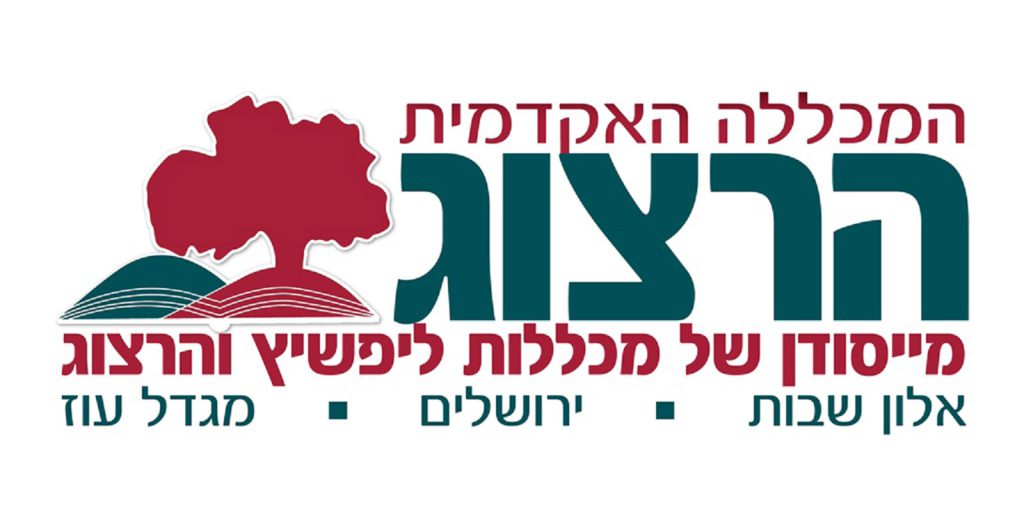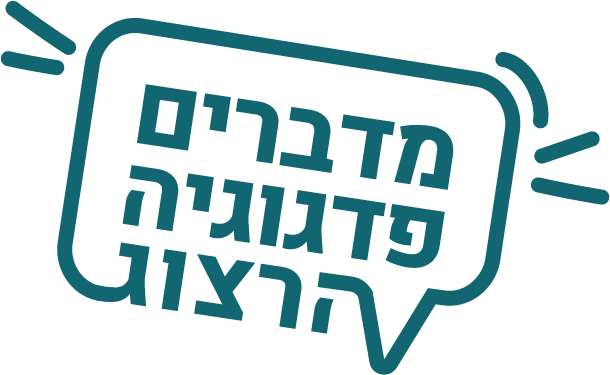The festival of Sukkot is known in English as the Feast of Booths, the Feat of Huts or the Feast of Tabernacles in English. While the first two names are readily understandable because a sukkah, our temporary dwelling for seven days, is indeed a booth or hut, the third term “Tabernacles”, requires some explanation. What is a tabernacle, and why are sukkot referred to as tabernacles?
The English word "tabernacle" derives from the Latin word "tabernaculum," which means "tent" or "hut." It was used to translate the Hebrew word "mishkan" (משכן), the temporary portable sanctuary in the desert. The English translation connects the temporary shelters used during Sukkot with the sacred tent or mishkan, linking the physical act of dwelling in temporary booths with the spiritual idea of God's presence and protection.
Today, the term "Tabernacles" is often used in translations by both Jewish and non-Jewish English-speaking communities. Although the connection with the mishkan in the English terminology may not be apparent to most, its underlying message offers something to reflect on this Sukkot.
Hag Sameach!


